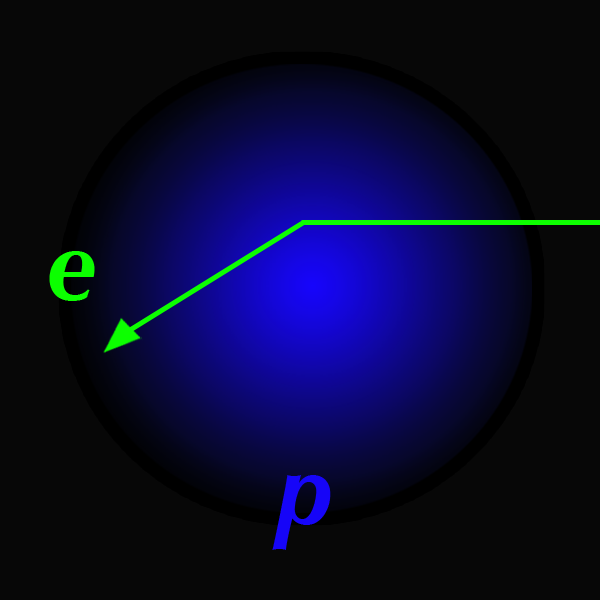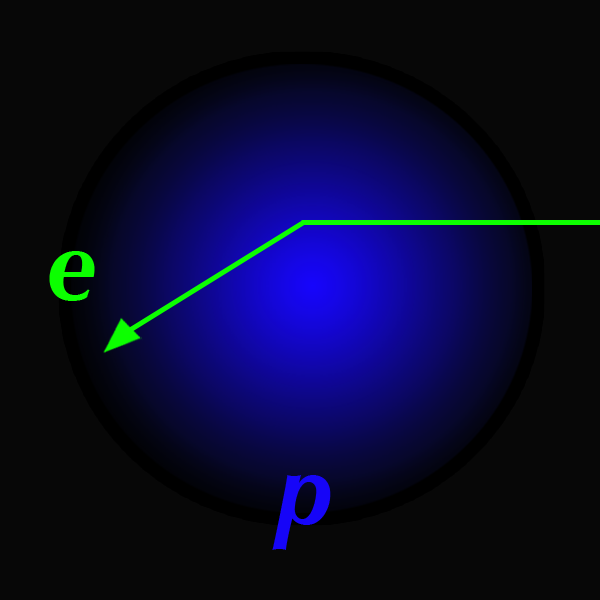A question of size
The charge radius of the proton is one of nature’s fundamental parameters. Its currently accepted CODATA (Committee on Data for Science and Technology) value, 0.8768×10-15m, has been determined primarily by measurements of the hydrogen Lamb shift and, to lesser accuracy, by electron-proton scattering experiments. This value has recently been called into question by a research team at the Paul Scherrer Institut (PSI) in Villigen, Switzerland. By measuring the Lamb shift in muonic hydrogen, these researchers obtained a value of 0.8418×10-15m for the charge radius, five standard deviations below the CODATA value.
In a paper appearing in Physical Review Letters, the A 1 Collaboration has determined the electric and magnetic form factors of the proton with higher statistics and precision than previously known, using the Mainz (Germany) electron accelerator MAMI (Mainz Microtron) to measure the electron-proton elastic-scattering cross section. Both form factors show structure at Q2 ≈ m2π that may indicate the influence of the proton’s pion cloud. But, in addition, the collaboration’s extracted value for the charge radius agrees completely with the CODATA value. The discrepancy between “electron-based” measurements and the recent PSI “muon-based” measurement thus remains a puzzle. – Jerome Malenfant





